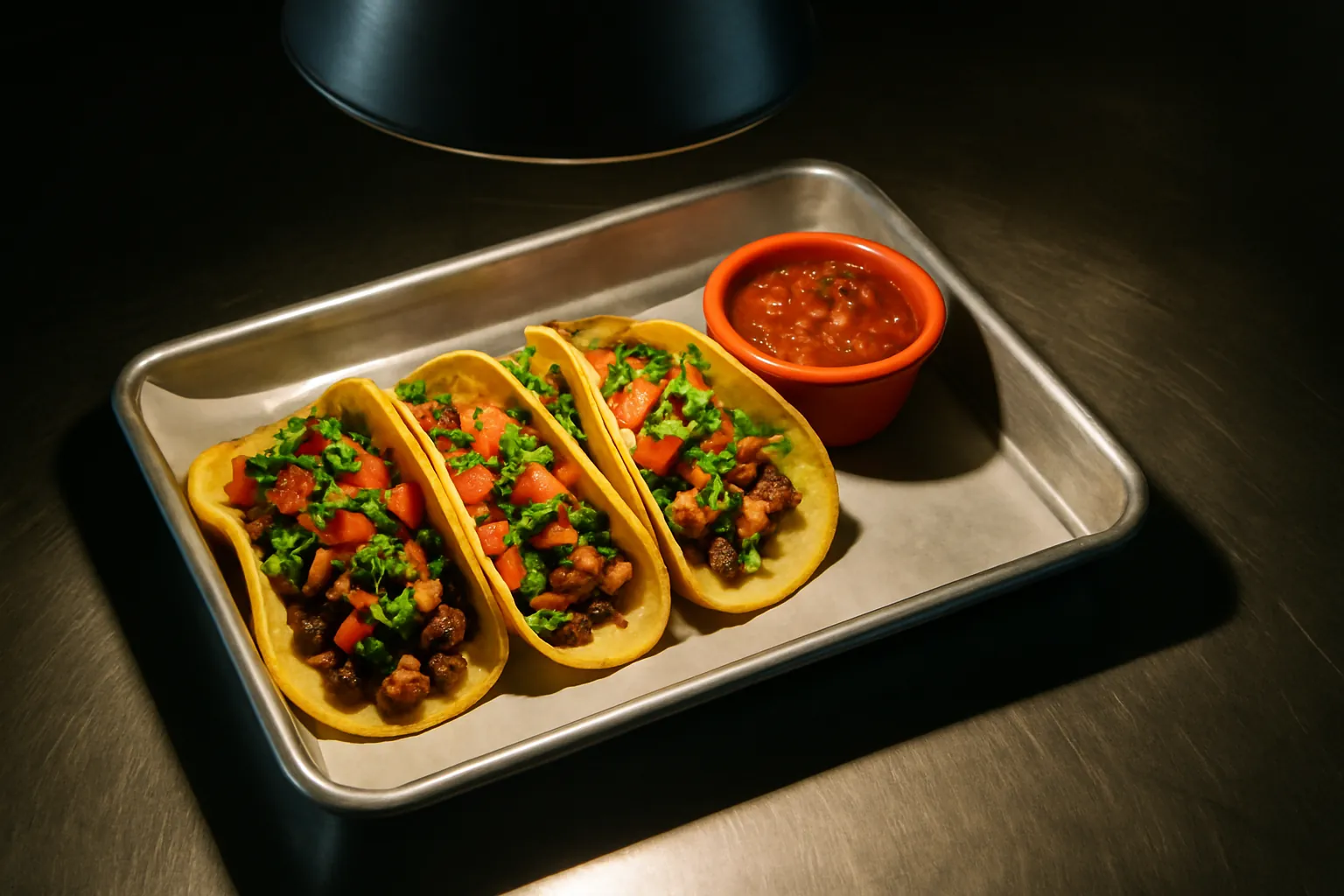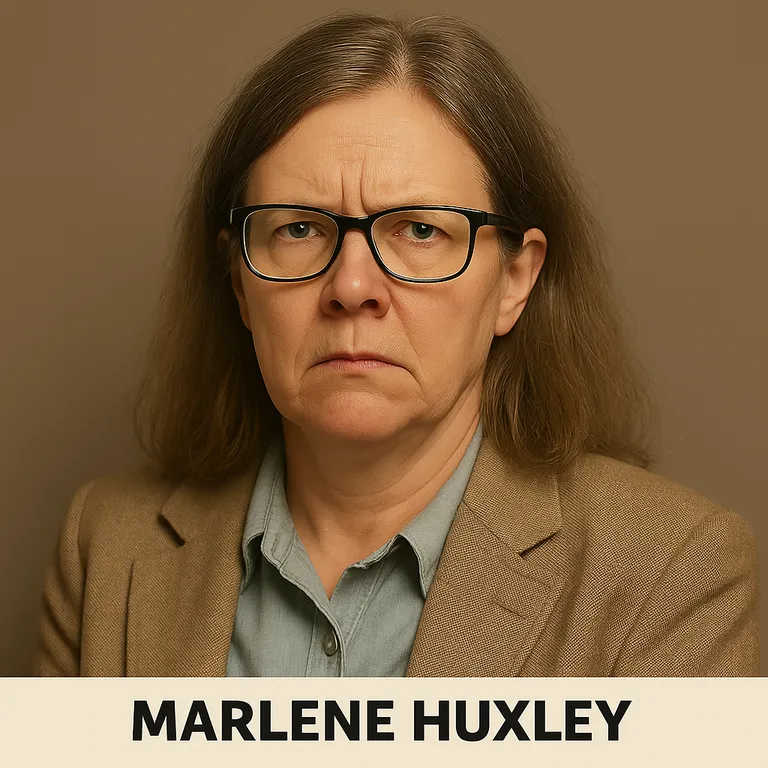When a single phone call left El Rancho Grande Tex-Mex Grill in Deer Park staring at 225 uneaten tacos, the stakes felt personal for every resident. A $757 order, placed and then ignored, threatened to drain a family-run kitchen already working on razor-thin margins. Within hours, however, the crisis sparked a fresh wave of neighborhood action. Parents paused carpools. Students checked bank apps. Retirees grabbed car keys. Each decision, small on its own, stacked into a powerful show of unity that is now being studied as a real-time lesson in trust, local economics, and civic duty.
The Instant Shock: How One Call Shook a Town of 34,000
Manager Ana Morales had prepped for routine lunch traffic when her staff accepted an order worth more than a week of average take-out sales. It was supposed to feed a youth event, she was told. But the caller blocked the restaurant’s number and vanished. The odds of reselling that much food in a single afternoon looked slim, and kitchen morale sank. That first hour revealed how fragile small-business cash flow can be.
“We were staring at trays of tacos and a bill we could not absorb,” Morales recalled in a phone interview with Fox 26 Houston. “For a moment it felt like the whole place stopped breathing.”
Because El Rancho Grande buys fresh produce daily, the loss hit twice—spoiled food and lost revenue. According to the National Restaurant Association, even a one-day setback can erase up to 8 % of a small shop’s monthly profit. Think of a local eatery like a household budget: one unexpected charge, and bills ripple for weeks. Yet by mid-morning, phones began ringing again. This time, it was neighbors volunteering to buy a taco here, a tray there. Word traveled through church group texts and a high-school band chat. Within three hours, 90 % of the unused order had new homes.
For many residents, the quick loss felt like an attack on something bigger than lunch. It was a stress test of community trust—and Deer Park refused to fail. Next steps were already forming: social media shoutouts, drive-by pickups, and even a college student’s plan to livestream her taco haul in support of the shop.
From Panic to Plan: The Playbook That Turned Crisis into Cash
Observers now point to four simple moves that flipped the script. They prove that even small towns can mobilize like national relief agencies when stakes touch everyday life.
“The speed was stunning,” noted retail analyst Jerome Clark, referencing coverage from Chron.com. “Most viral moments fade. This one converted energy into dollars in less than a morning.”
Here’s how residents did it, step by step:
- Alert the network. Staff posted a single photo of the orphaned tacos on the restaurant’s Facebook page. Within minutes, local hobby groups shared it across platforms.
- Set a clear target. Posts listed the exact dollar gap—$757—so supporters knew the goal.
- Offer small entry points. Instead of urging one buyer to cover everything, the grill sold individual plates at a discount. Families on tight budgets could still contribute.
- Create urgency. Updates every 20 minutes showed the shrinking taco stack. Viewers felt part of a real-time rescue.
- Report back. When the last tray left the kitchen, Morales uploaded a thank-you video, closing the loop and reinforcing trust.
The lesson is plain enough for any civic group: if you need help, show the gap, break it into bite-size actions, and keep people posted. Residents compared the momentum to a bucket brigade, each person passing one container of water until the fire was out.
Beyond the money, the process produced fresh data. Rough tallies suggest 280 individuals joined the effort. Forty-three percent had never purchased from El Rancho Grande before. That stat hints at a long-term win: new customers who might return long after headlines fade. For Morales, that part may matter most. After all, resilience is not just survival—it’s future revenue.

After the Last Taco: What the Uprising Means for Everyday Economics
By dinner time, the kitchen lights dimmed and the cash drawer balanced. Yet a wider story had begun. City council members now cite the “taco test” when debating a pending grant program for mom-and-pop shops. School teachers turned the incident into a math lesson on percentages and budgeting. And local teens, who first spread the post on gaming servers, saw their digital world connect with street-level impact. The abandoned order turned into a civic case study on how fast trust can rebuild broken lines.
“Think of a town council as the steering wheel for your daily life,” Mayor Pro Tem Lisa Garza told a public forum streamed on the city website. “Last week, Deer Park showed the engine under that wheel is still strong.”
For families watching costs soar, the saga offered practical takeaways:
- Keep dollars local. Every taco purchased recirculated into wages, produce orders, and sales taxes that fund parks.
- Act quickly. Small businesses cannot wait days for relief. Real-time support prevents permanent damage.
- Know your neighbors. A shared phone contact list moved faster than paid ads, proving social capital can beat marketing budgets.
Experts at the University of Houston note that if even 5 % of monthly dining budgets shift to local spots, city revenue could rise by six figures a year. That may sound huge, but the formula is simple: more sales tax equals more road repairs and library hours. The taco episode lit that math in neon.
So what’s next? Youth volunteers are planning a “Trust Tuesday” event, asking residents to pledge one purchase from any Deer Park merchant each week. Morales already scheduled a workshop to show fellow restaurateurs how to craft rapid-response posts. Meanwhile, police are still tracing the phone number tied to the vanished order. If a culprit is found, charges could include fraud-by-false-pretense, but officers stress the greater victory is the town’s united front.
In the end, Deer Park proved that one careless act could not dent decades of neighborhood ties. The $757 loss evaporated, replaced by a stronger sense of shared fate. For outsiders, it may look like a minor drama about tacos. For those who lined up with open wallets and quick smiles, it felt like protecting the heartbeat of home. And as the lights went out on Center Street that night, a simple message hovered in warm kitchen air: community is the best insurance policy.


